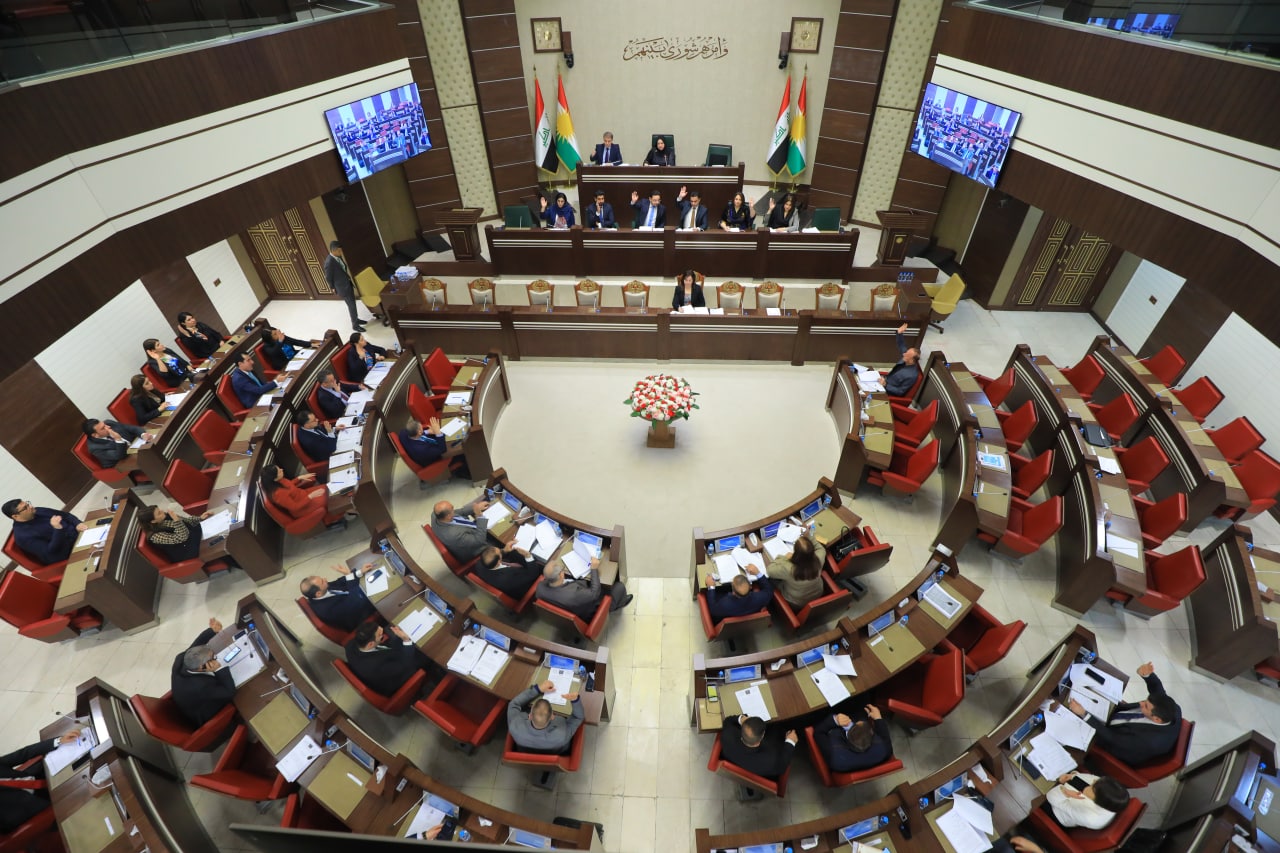The Judicial council of Elections has asked the Iraqi Independent High Electoral Commission (IHEC) to allocate five seats for Turkmen, Christians and Armenians within the 100 seats allocated to the Iraqi Kurdistan Region’s Parliament.
The decision was issued on Monday following a complaint filed by Yousef Yaqub, leader of the Ittihad Bait Nahrain Watani party, on behalf of Turkmen, Christians and Armenians against the commission's decision to abolish the 11 seats for minorities last February.
The committee accepted the appeal and said that the distribution of 100 seats in the Kurdistan Region parliament into four constituencies has not taken into consideration rights of minorities while the Iraqi constitution guarantees representation of all communities in the parliament.
According to the Iraqi constitution, the participation of all communities in the councils should be taken into account, "Therefore, the distribution of 100 seats in the Kurdistan parliament into four constituencies, contrary to the law of the commission and must be fair and balanced."
“The commission should have guaranteed the rights of these communities and representatives of the Kurdistan Region with seats among the 100 seats, according to the constitution...”
“Five seats should have been allocated for those who appealed, two seats in Erbil, two in Sulaimaniyah and one in Duhok, based on a number of measures and relying on regional and international electoral criteria and UN experts for the parties that filed the complaint ... to be fair and transparent.”
On February 21, 2024, the Federal Court issued a series of decisions regarding the Kurdistan Parliament Elections Law of 1992, including reducing the number of parliamentary seats from 111 seats to 100 seats and considering the Kurdistan Region four electoral districts, a move provoked religious and ethnic minorities whom lost 11 quota seats (five seats for Turkmen, five for Christians, and one seat for Armenians).
After months of controversy, on May 7, the IHEC decided to suspend the financial and technical procedures for the Kurdistan Regional Parliament elections, which were scheduled to be held on June 10, a day after a state order was issued by the Federal Court, based on a complaint by Masrour Barzani, the Prime Minister of the Kurdistan Regional Government KRG, criticizing the mechanism of sharing the 100 parliamentary seats among four electoral districts and depriving minorities of quota seats.
The Kurdistan Region of Iraq has never witnessed general elections being held on their legal date. The shortest period of postponement was two months and the longest was ten years.
The population of the Iraqi Kurdistan Region IKR, numbering about six million people, is distributed among the governorates of Erbil, Sulaymaniyah, Dohuk and Halabja. According to the applicable laws, people of the IKR have the right to vote to elect Parliament, the provincial councils and the president of the region every four years.
The last (fifth) parliamentary session was held in September 2018, one year after its scheduled date, and the session was scheduled to end in 2022, but the Kurdistan Parliament, despite the protests of some parliamentary blocs, decided to extend the its round for another year, before the Federal Court overturned the decision. The IKR has been in a legal gap since then, and the regional government has turned into a caretaker government.






